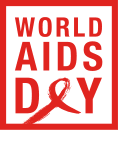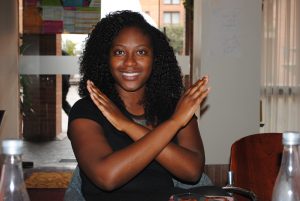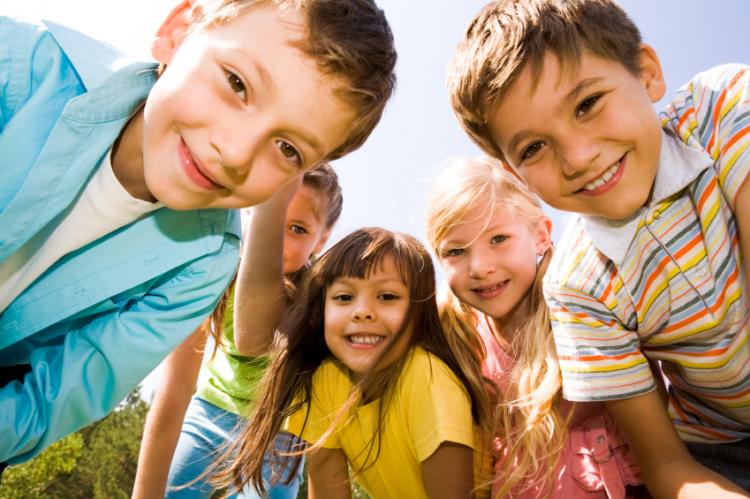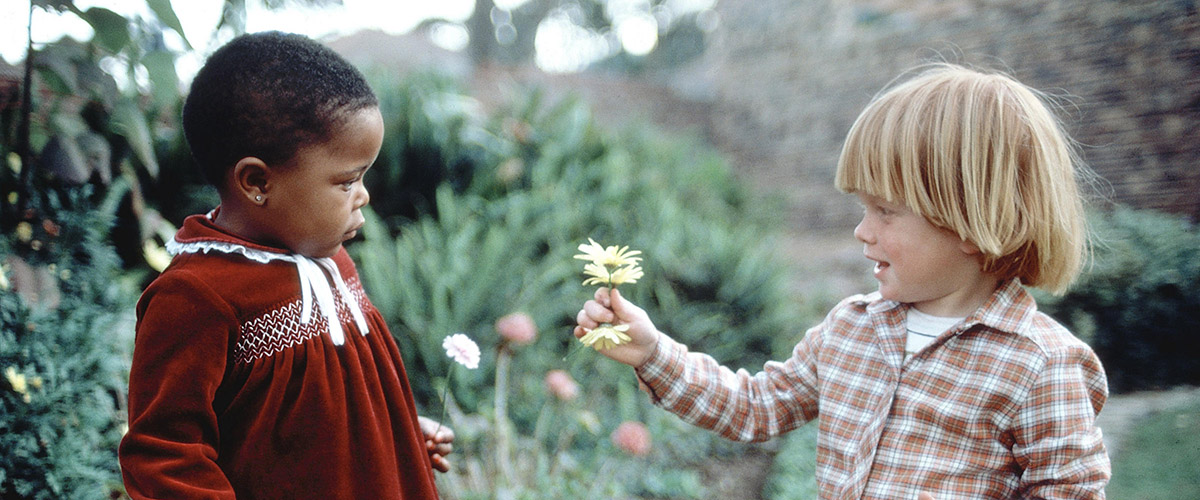WHAT IS WORLD AIDS DAY?
World AIDS Day is held on the 1st December each year and is an opportunity for people worldwide to unite in the fight against HIV, show their support for people living with HIV and to commemorate people who have died. World AIDS Day was the first ever global health day, held for the first time in 1988.
WHY IS WORLD AIDS DAY IMPORTANT?
Over 100,000 people are living with HIV in the UK. Globally there are an estimated 34 million people who have the virus. Despite the virus only being identified in 1984, more than 35 million people have died of HIV or AIDS, making it one of the most destructive pandemics in history.
Today, scientific advances have been made in HIV treatment, there are laws to protect people living with HIV and we understand so much more about the condition. Despite this, each year in the UK around 6,000 people are diagnosed with HIV, people do not know the facts about how to protect themselves and others, and stigma and discrimination remain a reality for many people living with the condition.
World AIDS Day is important because it reminds the public and Government that HIV has not gone away – there is still a vital need to raise money, increase awareness, fight prejudice and improve education.

 Violence Campaign. Historically, the date is based the day of the tragic 1960 assassination of the three Mirabal sisters, political activists in the Dominican Republic; the killings were ordered by Dominican dictator Rafael Trujillo (1930–1961). I
Violence Campaign. Historically, the date is based the day of the tragic 1960 assassination of the three Mirabal sisters, political activists in the Dominican Republic; the killings were ordered by Dominican dictator Rafael Trujillo (1930–1961). I
 According to multiple surveys and its bestselling status decade after decade, the Bible is widely revered by people around the world. Millions of visitors from more than 200 countries regularly come to Bible Gateway to freely read, hear, search, study, compare, & share the Bible in more than 70 languages & more than 200 Bible versions.
According to multiple surveys and its bestselling status decade after decade, the Bible is widely revered by people around the world. Millions of visitors from more than 200 countries regularly come to Bible Gateway to freely read, hear, search, study, compare, & share the Bible in more than 70 languages & more than 200 Bible versions.  The first World Television Forum was staged by the United Nations in the mid ’90s, and it was out of this event that World Television Day was born. The forum brought together leading figures from the media industry to analyze the growing impact that TV had on decision-making and public opinion when it comes to issues of peace and security around the planet.
The first World Television Forum was staged by the United Nations in the mid ’90s, and it was out of this event that World Television Day was born. The forum brought together leading figures from the media industry to analyze the growing impact that TV had on decision-making and public opinion when it comes to issues of peace and security around the planet. United Nations Universal Children’s Day was established in 1954 and is celebrated on November 20th each year to promote international togetherness, awareness among children worldwide, and improving children’s welfare.
United Nations Universal Children’s Day was established in 1954 and is celebrated on November 20th each year to promote international togetherness, awareness among children worldwide, and improving children’s welfare.
 Nowadays, people do not speak much about kingdoms; these political systems are somehow a legacy from the past. Kings and queens are still respected in many places, but their role is mostly ceremonial – the real power is in the hands of presidents and prime ministers. The people want to see themselves as citizens who can elect their leaders.
Nowadays, people do not speak much about kingdoms; these political systems are somehow a legacy from the past. Kings and queens are still respected in many places, but their role is mostly ceremonial – the real power is in the hands of presidents and prime ministers. The people want to see themselves as citizens who can elect their leaders. 
